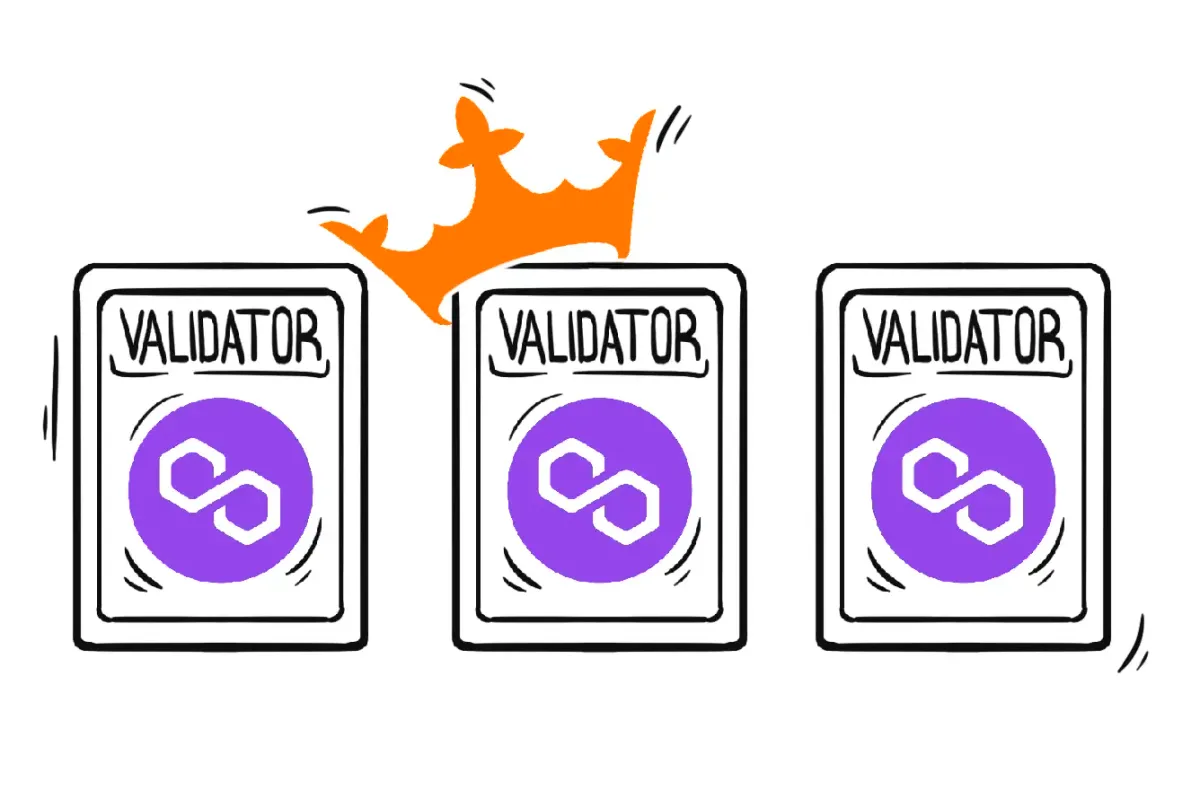
Polygon has been accused of mistreating its validators. Blockchain data reveals that the company sent millions in MATIC tokens to publicly traded DraftKings following a strategic agreement for DraftKings to become a validator on the Polygon network.
Polygon announced its partnership with DraftKings, a digital sports entertainment and gaming company, in March 2022. This marked the first instance of a major public company taking an active role in blockchain governance, as highlighted in the announcement.
Sandeep Nailwal, co-founder of Polygon specifically stated that,
“DraftKings will take its place among existing validators as an equal community member, solidifying our desire to achieve a decentralized, community-run consensus network”
While it initially seemed that DraftKings took the initiative to become a validator for Polygon out of a genuine desire to explore and utilize the network as an equal community member, in reality, it now appears more likely to have been a marketing agreement where Polygon paid DraftKings to assume the validator role.
DraftKings received $1.5 million in MATIC tokens up front and was permitted to run a validator. Subsequently, it earned millions more through a special staking arrangement with Polygon.
On the Polygon network, validators are required to stake Matic tokens as a commitment to act honestly and secure the network. In return for their services, they receive MATIC tokens as rewards. The amount of reward increases with the quantity of MATIC staked in the validator.
MATIC owners who do not operate their own validators have the option to delegate their tokens to others who do. Typically, most Polygon validators charge a commission of 5%-10% on the rewards earned from these delegated tokens.
DraftKings became one of the largest validators on the Polygon network after Polygon delegated 60 million MATIC tokens to it, enhancing the company’s staking rewards. DraftKings then charged a 100% commission from the rewards earned from delegator tokens. While Polygon did not object to this, smaller validators, unaware of these 'agreements', consequently lost their rewards.
Moreover, DraftKings’ profits were made at the cost of other stakers, as the network distributes a limited amount of MATIC rewards yearly. The foundation’s direct delegation of MATIC tokens to DraftKings diluted the reward pool, reducing earnings for other validators.
DraftKings’ validator was active for nearly a year until underperformance led to its removal in September. The reason for the company’s failure to correctly maintain its validator remains unknown, but DraftKings, it seems, was anything but the 'equal community member' that Nailwal initially claimed.
The lack of transparency from Polygon regarding this partnership is concerning, as it seems to prioritize questionable marketing over community interests, raising concerns about the company’s integrity. Furthermore, the practice of paying governance members for validation on the network is a clear conflict of interest.
While Polygon and DraftKings remain silent on the situation, we continue to closely Observe developments.

